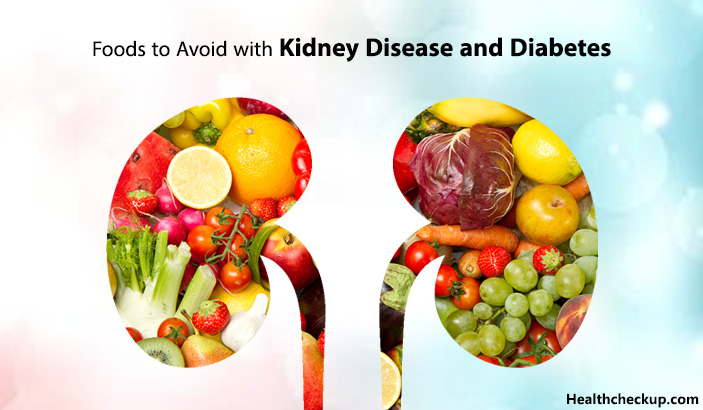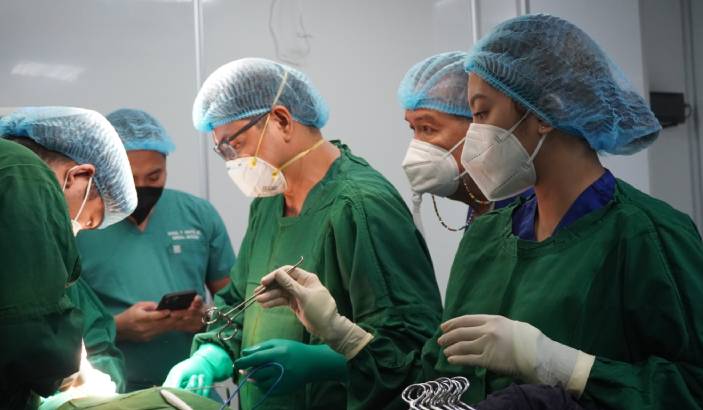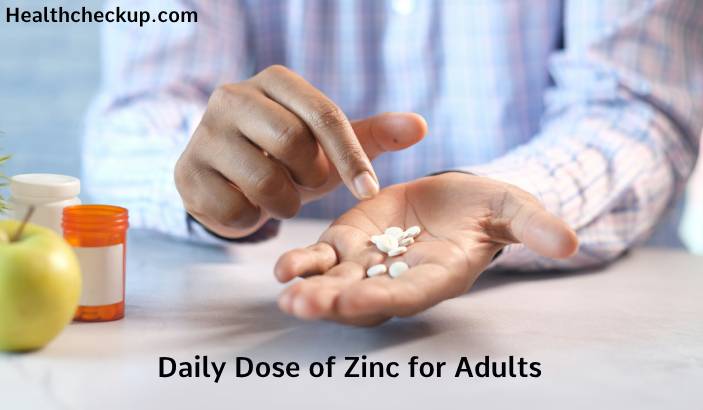Diabetes and Renal diseases, as such, are difficult to manage and control even if one of the illnesses strike your body. You can imagine the kind of stress you will be faced with if you have to tackle both diabetes and chronic kidney disease simultaneously. It is quite surprising to note that more than 37% of ESRD patients (End Stage Renal Disease) have diabetes.
Your diet becomes the major cause of concern when you have to manage two kinds of chronic illnesses, at one single go. However if you wisely avoid foods detrimental to a renal disorder and diabetes, in a combined manner, you will be able to lead a healthier, happier and a more meaningful life.
In this health and wellness guide, you are going to have a detailed analysis of foods you need to avoid if you have diabetes inflicted kidney disease or vice-versa.
Foods to Avoid with Kidney Disease and Diabetes
Do you want to know the kind of foods to avoid with kidney disease and diabetes? When you have two nail-clinching illnesses, fighting on your body, you will have to take utmost care and caution to choose the diet in a wise manner. You need to avoid saturated carbohydrates, fully processed foods and sugary delights. For kidney problem, you will have to avoid consuming salty foods and fibrous foods that can pressurize the kidneys to flush out excretory wastes.
Let us have A Detailed look at Specific Foods you need to Avoid, At this Particular Stage.
- Fruits: You can avoid consuming fruits that have a lot of seeds in them. As such, your kidneys are already getting weaker. On top of this, if you consume fruits that have a variety of seeds contained in them, they get blocked in your kidneys leading to the formation of thick stones. The fruits you need to avoid are cantaloupe, mangoes, kiwi, oranges and pomegranates.
- Vegetables: You can avoid consuming veggies like okra, tomatoes, potatoes, artichokes and spinach.
- High Protein Diets: These are some of the most harmful foods for kidneys. And they include bacon, hot dogs, lunch meats, pepperoni and nuts in general.
- Drinks: You need to drink liquids in moderation as advised by your renal specialist. Liquids are detrimental to the smooth functioning of your kidneys. This is especially true if you are inflicted with a CKD (Chronic Kidney Disease). Because your kidneys will have to flush out urine from time to time. Drinks you need to avoid in particular are beer, dark sodas, Hawaiian punches or cool drinks, sweet teas and lemonade.
- As Far As Starchy Foods are Concerned: These are harmful foods for kidneys and insulin dependent patients. Avoid eating potato chips, whole wheat bread, sugar-coated cereals, pancakes, biscuits and whole grain bread.
Now we are going to have a detailed look at the kind of foods that are favourably treated by the body if you have diabetes and CKD combined.
Recommended Foods for Kidney Disease and Diabetes
On a general note, for those of you who have a kidney disease, it is ideal to avoid consumption of nuts. But almonds and kidney disease share a special relationship with each other. Almonds are not procured directly from the tree. It is the inner fruit present in the drupe of a seed. Hence almonds are highly recommended for patients having a kidney disease. This has already been advocated by the Renal Specialists across the globe.
- For Fruits: You can consume berries, grapes, cherries, apples and plums. For a renal disorder, you can have a plate of seedless blueberries or seedless grapes instead of the seeded ones.
- Vegetables: The better alternatives as far as vegetables are concerned to include cauliflower, asparagus, onions and turnips.
- High Protein Diets: You can sit with a dietician who specializes in foods good for diabetes patients along with a renal specialist who tells you the foods that can be consumed for renal disorders. This way, you can figure out your customized kidney failure diet menu. You can have foods in moderation, to combat both the illnesses at the same time. You can have lean meat which is a combined version of poultry and fish, eggs and unsalted seafood. The sodium levels in the body have to be kept intact especially if you have a severe form of a kidney disease.
- Drinks: You need to carefully choose your foods to eat with kidney disease. The drinks you consume include water, clear-diet sodas, crystal light squashes and unsweetened varieties of teas.
- Starchy Foods: You can consume foods like white bread, bagel, unsalted crackers, sandwich buns and pasta.
Foods to eat with diabetes can be checked via e-books on how to beat insulin the most ideal manner. You have reputed authors who have shared their snippets online on how to avoid foods that are detrimental to insulin dependent patients.
The foods you need to avoid and foods that are recommended for consumption follow strict guidelines in conjunction with two illnesses namely Diabetes and CKD.
Certain Guidelines on How you can Still Lead A Healthier Life for Years to Come
- You can perform simple exercises advocated by Yoga. Deep-breathing asana can also be performed. This way, the body naturally becomes agile to flush out harmful toxins off its own.
- Positive thinking is a better medicine to treat chronic diseases, more than anything else. Read feel-good books to improve your overall frame of mind.
- Perform your dialysis sessions without delay. Check your sugar levels from time to time. Do not check your blood sugar levels immediately after having a bar of chocolate or ice-cream. The stress levels can shoot up your sugar levels than the food itself.
- Consult with a diabetes specialist or a renal specialist to know how your health is performing at this point in time.
- Avoid hard-core physical activities like shopping, attending far-away places of work, incessant driving etc. Work from home options or online shopping can leave lesser stress on your weakened body.
The foods to avoid and highly recommended food patterns to tackle diabetes and CKD have been discussed at length. You have also seen some of the guidelines on how you can make lifestyle changes to improve your way of living, despite the illnesses.
Medically Reviewed By

Maanasi specializes in health topics including diet and nutrition. A mother of an untiring seven year old, she enjoys nurturing her love affair with English. She is often found nestled with a book, plopped against a dozen pillows, smiling away at the brink of finishing yet another book of the many dozens, that adorn the shelves of her Mini Library!








